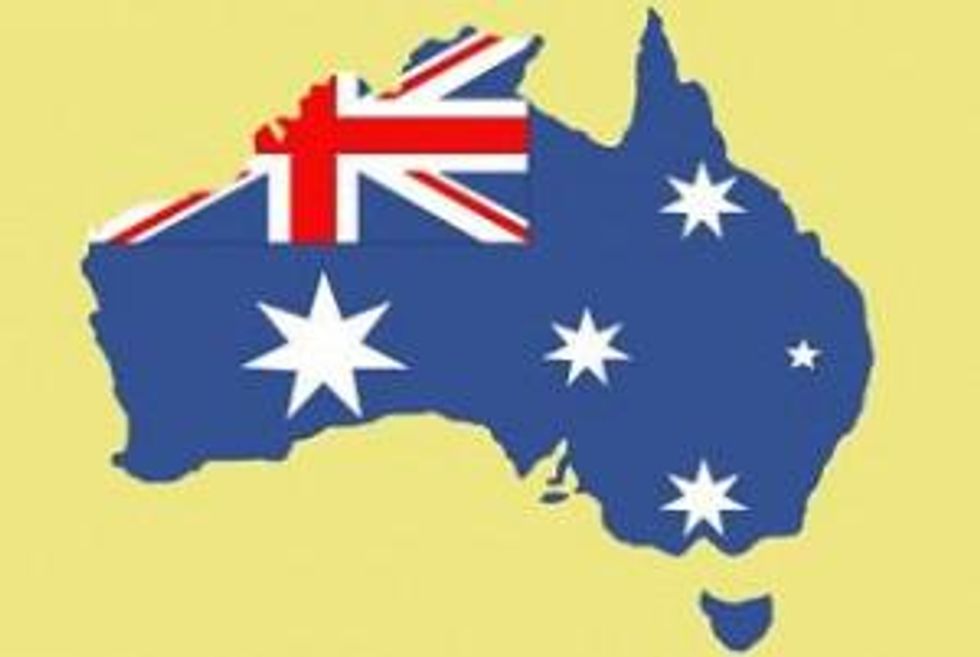Crocodile Gold Ends Month with Agreement to Sell Non-core Assets
Rob Hopkins of Crocodile Gold explained how the transaction is a “win-win scenario” for both Crocodile and buyer Phoenix Copper.
Canada’s Crocodile Gold (TSX:CRK,OTCQX:CROCF) is capping off the month of August with a plan to sell two of its non-core assets in Australia’s Northern Territory.
The company announced this morning that it has entered into a sales agreement under which it will sell Phoenix Copper (ASX:PNX) 100 percent of its Iron Blow and Mount Bonnie massive sulfide deposits for a 2-percent royalty “in respect of any gold and silver production from the related tenements.”
The two companies have also entered into an option agreement that will allow Phoenix to earn up to a 90-percent interest in the Burnside, Moline and Maud Creek base metals and gold exploration projects. To do so, Phoenix must spend $4 million on exploration expenditures in the next four years.
Explaining the two deals to Gold Investing News, Rob Hopkins, Crocodile’s investor relations manager, said, “our Northern Territory land package is rather large, so we have a number of properties that are ready for exploration.” However, as the company doesn’t currently have the financial backing to run its own exploration programs, it made sense to pass the projects on to another interested party and thereby “reduce [its] carrying costs.”
Keeping options open
That said, Crocodile isn’t backing completely away from any of the projects. In terms of Iron Blow and Mount Bonnie, it will retain an option to buy back a 30-percent interest in the properties within six months of Phoenix completing a feasibility study. If it chooses to do that, Crocodile will have to pay “three times the accumulated exploration expenditures on those tenements.”
Similarly, the company will retain the option to acquire 90 percent of any gold and silver deposit discoveries at Burnside, Moline and Maud Creek. Again, if it decides to do that, it will have to pay Phoenix “three times the accumulated expenditure related to that deposit.” As Hopkins said, ”we’re passing [the projects] on to somebody else who’s interested in the base metals, and the way the deals are structured, if there is any gold or silver, which is what we’re focused on, we have the opportunity to look at optioning those back. It’s a win-win scenario for both of us.”
Conversely, if Phoenix completes a bankable feasibility study on any of the base metals deposits it will have to pay Crocodile $500,000 in cash or shares.
In closing, Hopkins stressed that Crocodile will continue to own the Maud Creek deposit and the surrounding prospects on mineral license ML30260, which includes the Maud Creek mineral resource and reserve. It has an indicated mineral resource of 7.7 million tonnes at 3.5 grams per tonne (g/t) gold for 871,000 ounces of gold and an inferred mineral resource of 4.2 million tonnes at 2.55 g/t gold for 343,600 ounces of gold.
“The actual project that has the resource on it is still 100-percent owned by Crocodile Gold,” he noted, “because that’s still what we would consider a strategic asset for the company.”
What’s next?
As today’s deals suggest, moving forward investors can expect Crocodile to hone in on its core operations, which include three gold mines across Australia. Also, given that the company has withdrawn from a memorandum of understanding that would have seen it provide Thor Mining (ASX:THR,LSE:THR) with custom milling and processing of ore, it’s now on the hunt for other such opportunities.
Shares of Crocodile closed today at $0.245 after reaching a high of $0.25 earlier in the day.
Securities Disclosure: I, Charlotte McLeod, hold no direct investment interest in any company mentioned in this article.






